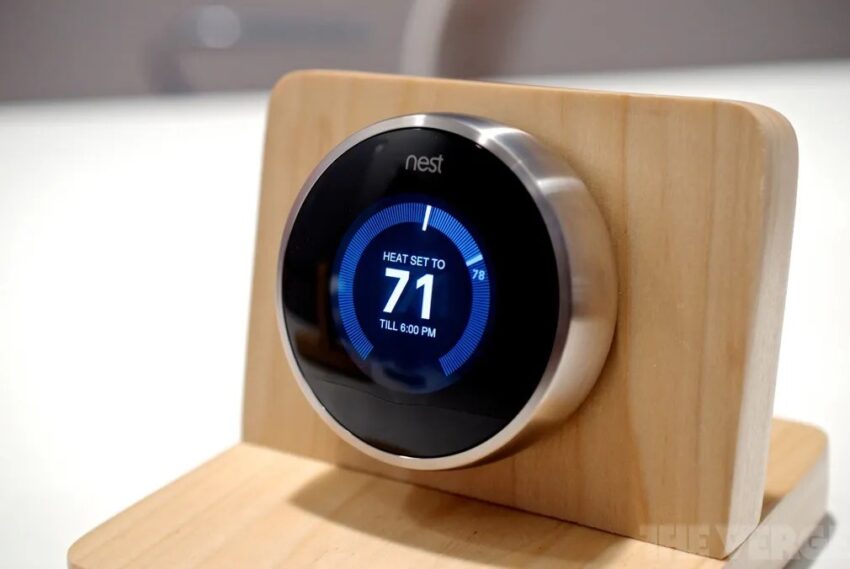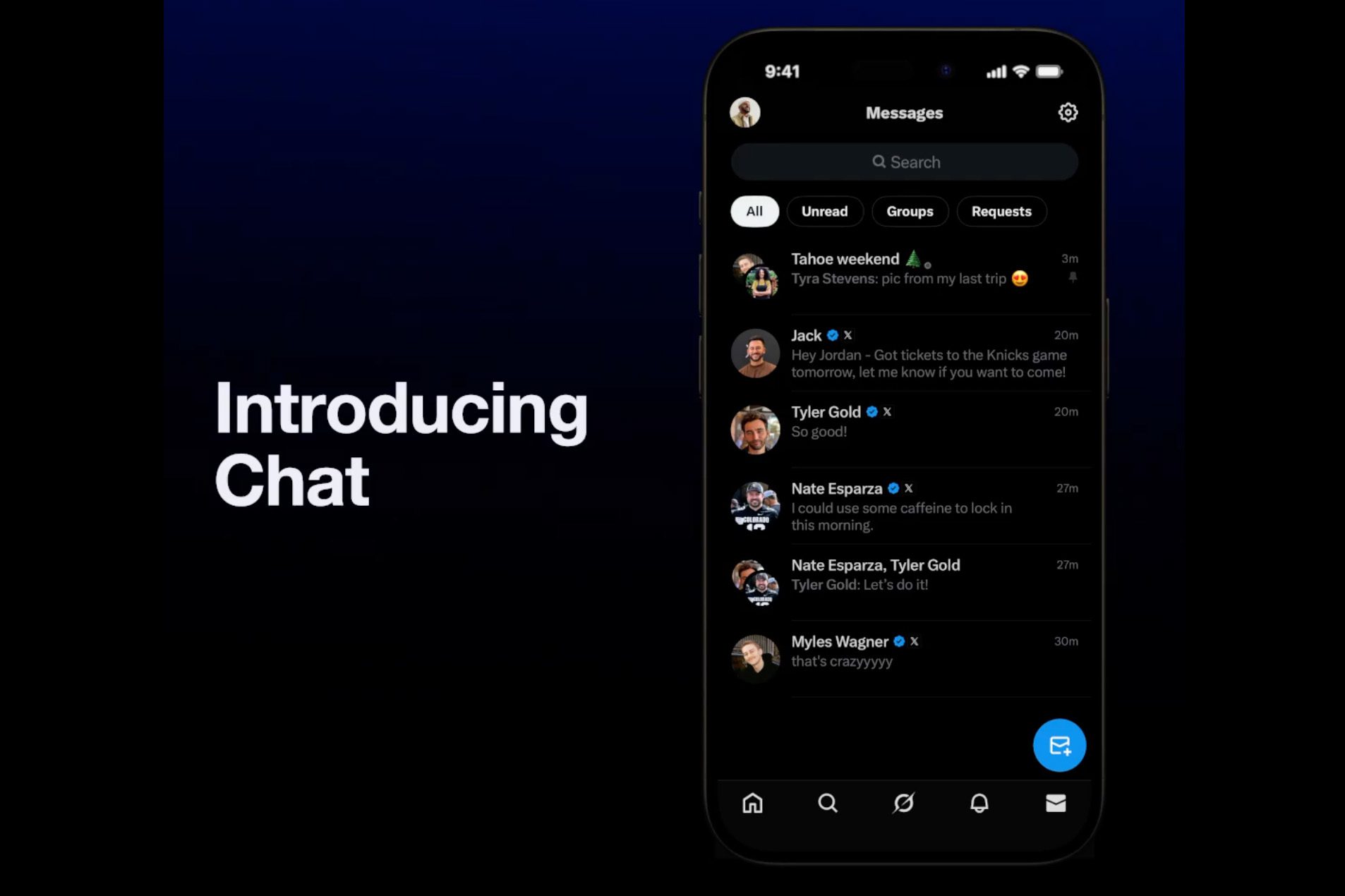
google is collecting troves of data from Google continues to collect extensive data from downgraded Nest Learning Thermostats, despite officially disabling their remote control functionality.
google is collecting troves of data from
Background on Nest Thermostats
The Nest Thermostat, a pioneering smart home device, first launched in 2011, with its second-generation model debuting in 2012. Designed to optimize energy usage and enhance home comfort, these devices quickly gained popularity for their user-friendly interface and advanced learning capabilities. Over the years, Google has integrated Nest products into its ecosystem, promoting the idea of a connected home where devices communicate seamlessly to improve efficiency and convenience.
However, as technology evolves, so too do the challenges associated with maintaining older devices. Google has made the decision to discontinue support for certain models of the Nest Learning Thermostat, which has raised questions about the implications for users who still rely on these devices. The discontinuation of support includes the removal of remote control functionality, which many users found essential for managing their home environments.
Recent Developments
Last month, Google officially turned off the remote control functionality for early Nest Learning Thermostats, which affected both first- and second-generation models. This decision was part of a broader strategy to streamline their product offerings and focus on newer technologies. However, it has come to light that Google continues to collect data from these downgraded devices, raising concerns about user privacy and data management.
Discovery by Security Researcher
The revelation about ongoing data collection emerged from the work of security researcher Cody Kociemba. While participating in a bounty program organized by FULU, a right-to-repair advocacy organization co-founded by electronics repair technician and YouTuber Louis Rossmann, Kociemba aimed to restore smart functionality to Nest devices that Google no longer supports. His project, dubbed No Longer Evil, involved cloning Google’s API to create custom software for these devices.
Upon implementing his solution, Kociemba discovered that the first- and second-generation Nest Learning Thermostats were still transmitting a wealth of information back to Google. This included data on manual temperature adjustments, occupancy status, and environmental conditions such as sunlight exposure. “On these devices, while they [Google] turned off access to remotely control them, they did leave in the ability for the devices to upload logs. And the logs are pretty extensive,” Kociemba stated in an interview with The Verge.
Implications of Data Collection
Google’s continued data collection from these downgraded devices has raised several important questions. While the company claims that the data is used for issue diagnostics, the reality is that the information being gathered may no longer serve a practical purpose for users. Google has disabled the ability for users to check the status of their devices through the Nest or Google Home app, effectively cutting off any support for troubleshooting or maintenance.
According to Kociemba, “Although these logs can contain technical details such as HVAC error states, Google can no longer use that information to assist the customers who still depend on these thermostats, since support has been fully discontinued, even in cases of device failure.” This raises concerns about the ethical implications of collecting data from devices that are no longer supported, as users may not be aware that their devices are still transmitting information.
Privacy Concerns
The ongoing data collection from downgraded Nest Learning Thermostats highlights significant privacy concerns. Users who purchased these devices likely did so with the expectation that their data would be handled responsibly, especially after the discontinuation of support. The fact that Google continues to collect data without providing users with clear information about its use is troubling.
Additionally, the one-way nature of the data transmission raises questions about user consent. Kociemba noted, “I was under the impression that the Google connection would be severed along with the remote functionality; however, that connection is not severed, and instead is a one-way street.” This lack of transparency regarding data collection practices can lead to distrust among users, particularly as privacy concerns continue to grow in the tech industry.
Reactions from Stakeholders
The reactions to Google’s actions have been mixed. On one hand, users of the affected devices may feel frustrated and betrayed by the company’s decision to disable remote functionality while still collecting data. Many consumers invest in smart home technology with the expectation of ongoing support and updates, and the abrupt discontinuation of services can leave them feeling abandoned.
On the other hand, the work of Kociemba and the FULU organization has been met with enthusiasm. By creating a solution to restore functionality to unsupported devices, Kociemba has demonstrated the potential for the right-to-repair movement to empower consumers and extend the life of technology. FULU awarded Kociemba and another participant, known as Team Dinosaur, a combined bounty of $14,772 for their efforts in bringing smart features back to the unsupported thermostats.
The Right-to-Repair Movement
The right-to-repair movement advocates for consumers’ rights to repair and modify their own devices without facing restrictions from manufacturers. This movement has gained traction in recent years, particularly as more people become aware of the environmental impact of electronic waste. By encouraging the repair and reuse of devices, proponents argue that we can reduce waste and promote sustainability.
Kociemba’s work exemplifies the spirit of this movement, as he sought to empower users of outdated technology by restoring functionality to their devices. The success of his project highlights the potential for community-driven solutions to address the challenges posed by planned obsolescence in technology.
Future Implications
The situation surrounding the Nest Learning Thermostats raises broader questions about the future of smart home technology and the responsibilities of manufacturers. As devices become increasingly interconnected, the ethical implications of data collection and user privacy will continue to be at the forefront of discussions in the tech industry.
Manufacturers must consider the long-term implications of discontinuing support for older devices. Users who invest in smart home technology expect a certain level of service and support, and the abrupt removal of these features can lead to dissatisfaction and distrust. Companies like Google must balance their business strategies with the needs and expectations of their customers, particularly as consumer awareness of privacy issues grows.
Conclusion
The ongoing data collection from downgraded Nest Learning Thermostats serves as a reminder of the complexities surrounding smart home technology. While the discontinuation of support for older devices may be a business decision, it raises important ethical questions about user privacy and data management. As the right-to-repair movement gains momentum, it is crucial for manufacturers to consider the implications of their actions on consumers and the environment.
As technology continues to evolve, the need for transparency and accountability in data collection practices will only become more critical. Users deserve to know how their data is being used and to have control over their devices, even as they age. The future of smart home technology will depend on the ability of manufacturers to navigate these challenges while maintaining trust and support from their user base.
Source: Original report
Was this helpful?
Last Modified: November 17, 2025 at 5:38 pm
8 views















